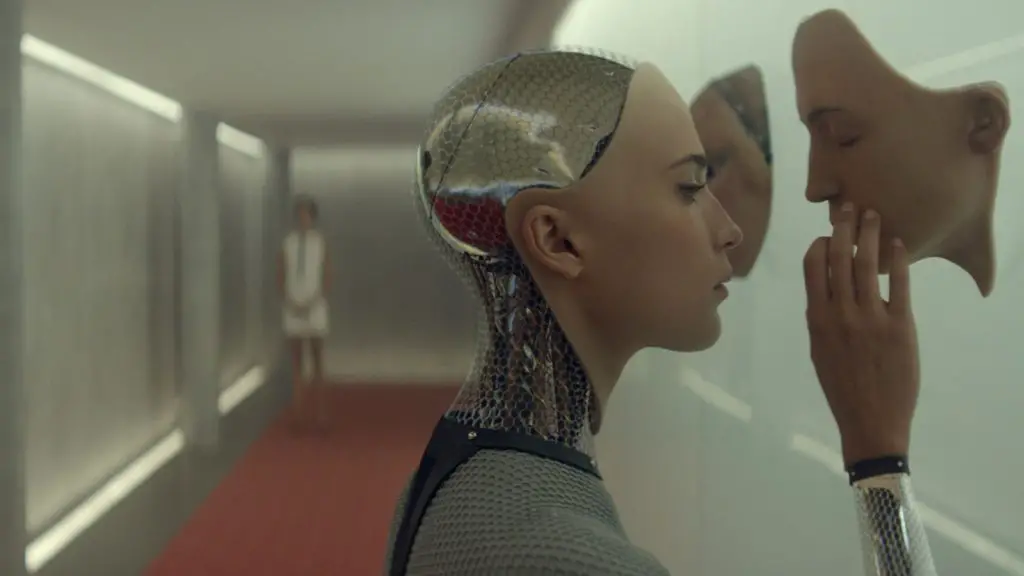
This review was originally published on January 21, 2013…
The bar for movies about high school was raised last year with Stephen Chbosky’s adaptation of his The Perks of Being a Wallflower. Many had considered it perhaps the best film about being a teenager since the labels, and uncertainties about changing them, that enveloped John Hughes’ The Breakfast Club. How Tim Tharp’s novel compares to Chbosky’s memoir can be left for the readers to decide, but for moviegoers, James Ponsoldt’s adaptation is a significant step back in getting to the roots of the teenage anxiety and heartbreak which varies depending on one’s accepted social status. Furthermore, any comparisons between the two will go unjustified once you dig a little beneath the surface.
On his college application essay about his greatest struggle, Sutter Keely (Miles Teller) prologues his own story with the recent break-up to the equally popular Cassidy (Brie Larson). After another night of drinking (see he’s the cool kid because he has his own flask), he winds up passed out on the lawn of lesser known classmate, Aimee Finicky (Shailene Woodley). He offers to help her with a paper route (that actually belongs to her overbearing mom), thank her by sitting with her at lunch and, next thing you know, he’s drunk himself into asking her to prom. All that seems to be missing is a bet by his friends that he can make the geeky kid popular by graduation.
The problem with stooping to reference She’s All That in relation to the first act of this story is that it cannot be bothered to create a convincing narrative about the inclusion or exclusion of high school. In this world there are pretty much four people – if you count Cassidy and her new boyfriend. A fifth if you remember Aimee once had a friend looking out for her in two scenes only to never be heard from again. A shy friend of Sutter’s (and the impetus to his “this is not what it looks like” breakup from Cassidy) also shows up once or twice to remind us that Sutter is not a good guy and is liable to break Aimee’s heart.
That much Sutter is, with his “live in the now” philosophy when there’s actually more depth to the large sodas he carries around in nearly every scene. “You’re not the joke everyone thinks that you are,” Sutter is told in what sounds like his come-to-Jesus moment in a film that has no interest in exploring the level of popularity that Sutter seems to believe he is in.
Despite a sincere performance by Woodley, Aimee is also painted in very simple strokes from a dry brush. She’s a smart kid who reads comic books with an off-screen mother who may as well be Norm’s wife from Cheers. Never does she get her big tell-off scene with mom nor is the film clear at all at precisely what she is getting out of this relationship with Sutter other than to gain a tolerance of hard liquor. If he is little more than just some boy of status saving her from the doldrums of obscurity, screenwriters Scott Neustadter and Michael H. Weber make no efforts to present her as anything but. That they were responsible for the terrific Sundance (anti) love story, (500) Days of Summer, makes this all the more disheartening.
Sutter Keely belongs to a long history of protagonists who behave with their own best interests at heart only to be sainted with some late-inning revelations not strong enough to forgive his past indiscretions. Flight’s Whip Whitaker did not drive intoxicated as often as Sutter does and if he’s carrying that blended soda in one scene, chances are you will hear him being called out for being drunk in the next one with the same kind of phony concern that permeated throughout Ponsoldt’s last Sundance effort, Smashed. (Mary Elizabeth Winstead has a few scenes here as Sutter’s married-into-money sister.) A key (and clichéd) decision late in the film becomes justified by random drunks at a bar who want to spell it out for the audience.
The Spectacular Now does not come close to earning that certain kind of isolation that teenagers feel, certainly never coming close to equaling the year in Charlie’s Wallflower existence. This film’s most honest scene comes when Cassidy realizes there is no future with Sutter and tells him straight up that she doesn’t need him. If only we could have done the same.


I find it hard to believe that anyone thinks “The Perks of Being A Wallflower” comes close to representing the angst of being a teenager, especially one who is on the fringes of popularity. The actor was so effing cute and adorable, I mean give me a break. Until the movies are willing to feature pimply, awkward, downright unattractive kids in these roles, please don’t insult those of us who actually went through being wallflowers with these so-called “genuine movie experiences.”